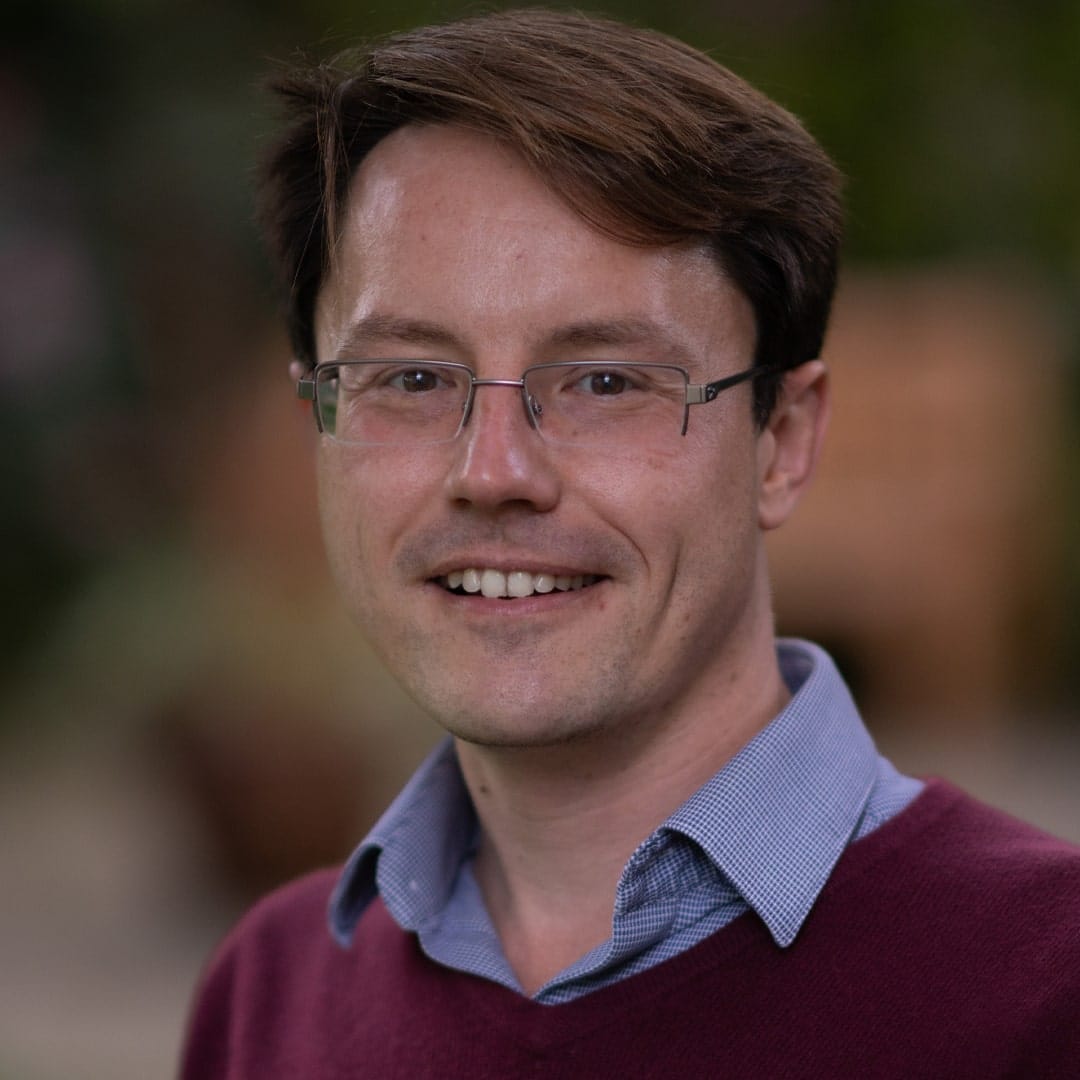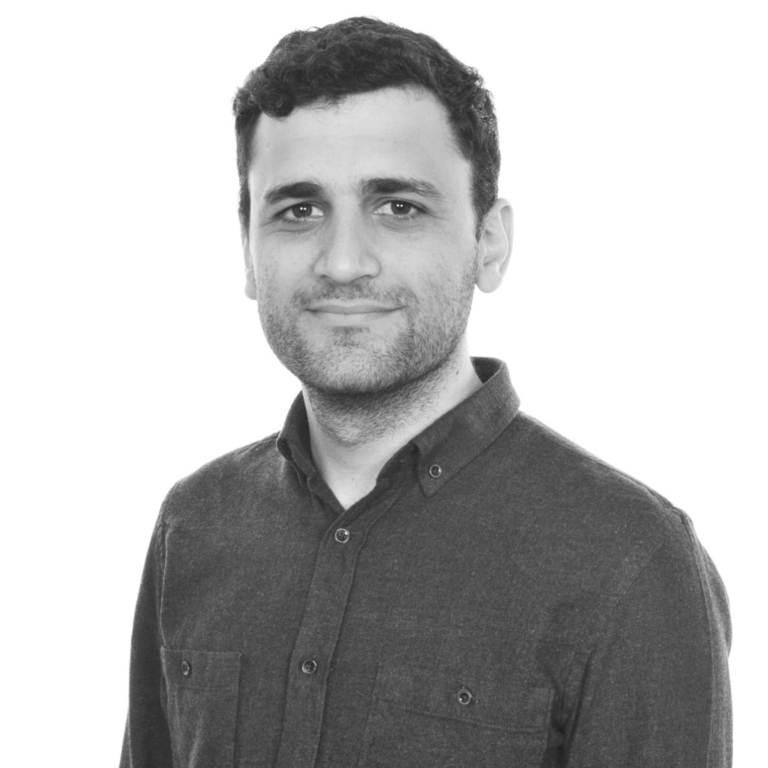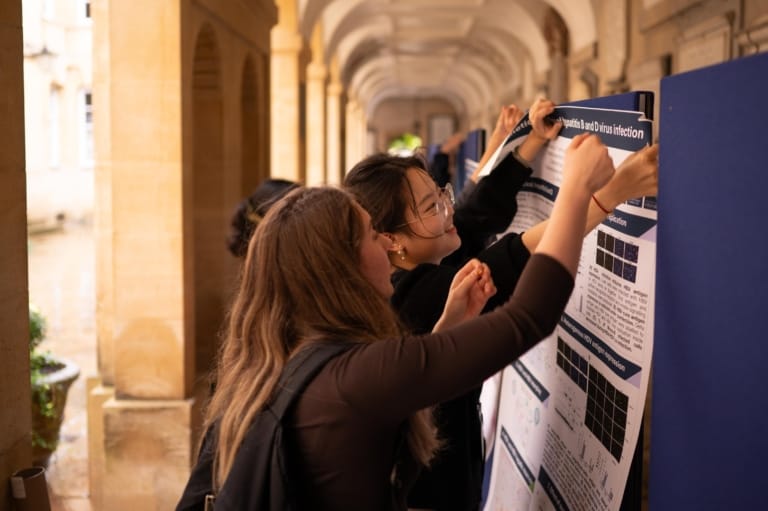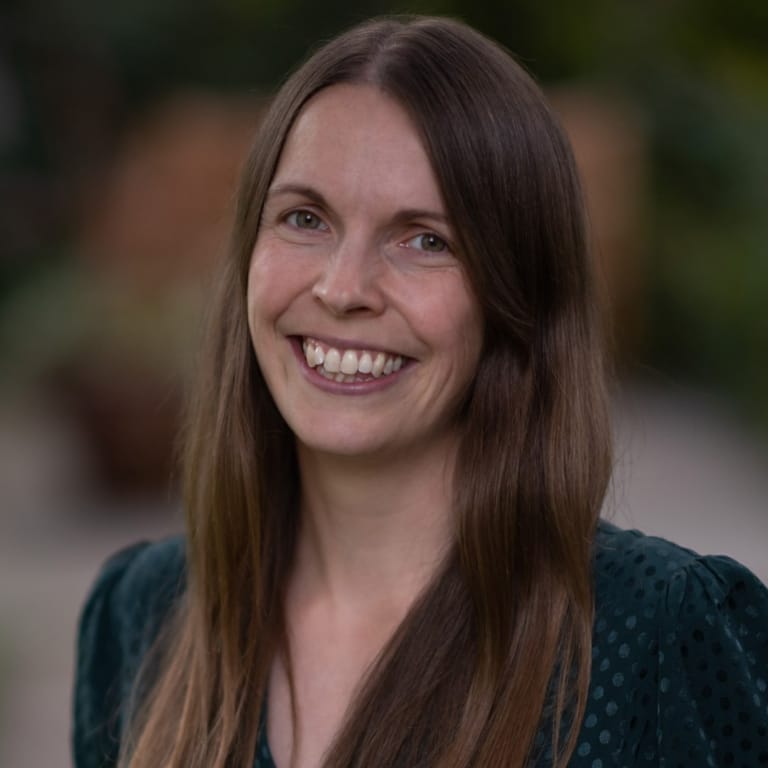
Dr Alex Borodavka is a 2024 Lister Prize Fellow and a virologist specialising in the RNA mechanisms behind viral structure and replication, especially in rotaviruses. He is based at the University of Cambridge. We caught up with Alex to learn more about his journey as a scientist and what it meant to him to win the Lister Prize.
Q: How did you become interested in science?
A: I was always fascinated by things around me. When I was five or six, I had long discussions with my father and grandfather about the local plants where I grew up in Ukraine. Then, by age 10, I wanted to be a medical doctor, partly because I saw my grandparents getting older and wanted to do something about it. I remember playing with tiny engines and taking apart things like toys, trying to make an artificial heart prototype for my Gran. But having conversations with my parents’ doctor friends convinced me that it might not be for me, because although it’s fantastic helping patients, back then in Ukraine, there wasn’t much scope for scientific discovery.
Q: So you chose to become a research scientist instead?
A: I studied biological sciences, biochemistry, and then a master’s in virology, all at Kyiv National University. I then moved to Leeds where I had a pretty amazing PhD funded by the Wellcome Trust. My supervisors Peter Stockley and Roman Tuma were incredibly supportive and gave me plenty of academic freedom. I got to meet lots of different people, speak different languages, and travel around, all while knowing I had support available.
Towards the end of my PhD, Roman and Peter encouraged me to apply for my first fellowship, which was again Wellcome funded – Wellcome has funded a lot of my career! – and I was successful, to my surprise. In 2015, I decided I needed something new, so I took the plunge and went to the Ludwig-Maximillian University of Munich. I split my time between there and the UK for about three years. Eventually, I returned to the UK and set up my research group in early 2020 at the Department of Biochemistry at Cambridge. I was fortunate to have some supportive and wonderful colleagues who acted as my mentors and friends, including Kathryn Lilley, Chris Smith, Ben Luisi and many others.
“My… [PhD] supervisors were incredibly supportive and gave me plenty of academic freedom. I got to meet lots of different people, speak different languages, and travel around, all while knowing I had support available.”
Q: Have community and collaboration played a big role in your career?
A: My collaborations have always been a nice balance between friendship and science. We build a connection and have a bit of fun while writing papers and collecting data. I’ve been very lucky to meet a lot of good people.
One of my early career mentors was Sheena Radford, who did my PhD viva at Leeds. Throughout my career, she often checked in with me and congratulated me on successes like the Lister Prize. She’s one of several people who have taken an interest in my career, in Leeds, Cambridge, and elsewhere. I attribute a lot of my successes to the fact that those people believed in me. I hope I’ll be able to give that back to the community someday, and I strive to do that by supporting and helping my colleagues who are earlier in their careers – postdocs and students.
I also learn a lot from people who join my lab as PhD students and postdocs, and the experiences and best practices they bring with them. As a PhD supervisor, I’ve taken a lot from my own experience as a PhD student and tried to carry forward the best bits in how my supervisors worked with me. I don’t know if I’m always successful, but I try.
“My collaborations have always been a nice balance between friendship and science. We build a connection and have a bit of fun while writing papers and collecting data. I’ve been very lucky to meet a lot of good people.”
Q: When did you become interested in rotaviruses?
When applying for funding, I wanted to target biomedically relevant areas, especially in developing countries. Rotaviruses are among the major pathogens causing viral gastroenteritis in children and about 200,000 children die daily in these regions. The vaccines we have don’t work too well there and we’re unsure why.
My approach is to understand how these viruses assemble and replicate. I’ve been looking at how viruses recognise self versus non-self when they package their genetic material, which is fascinating. Rotaviruses have 11 distinct RNA molecules packaged up into one virus particle, and how they select them is a complex problem to crack. There are some models, but no experimental data or solid evidence. I came up with some experiments, which I put into my funding application, which was accepted. I’ve been bound to the problem ever since.
Q: How was your experience applying for and receiving the Lister Prize?
The application was quite straightforward. I wrote it broadly on rotaviruses, with a biomedical focus. At my interview, everyone was supportive, but I couldn’t get a read on how well I’d done. I was really surprised when I heard a week later that I’d got it. I was over the moon, but I didn’t fully process it at first. I couldn’t believe it had happened to me.
The Lister Prize funding means I’ll be able to get another postdoc and take my research in directions we wouldn’t otherwise have followed. I thought about buying a nice piece of lab equipment, but that’s a very large investment, and I think investing in people is always wise. If I can keep good people around for longer, we can do more interesting science together, and train more next generation scientists.
Read more about Alex’s work: https://www.borodavkalab.org/



